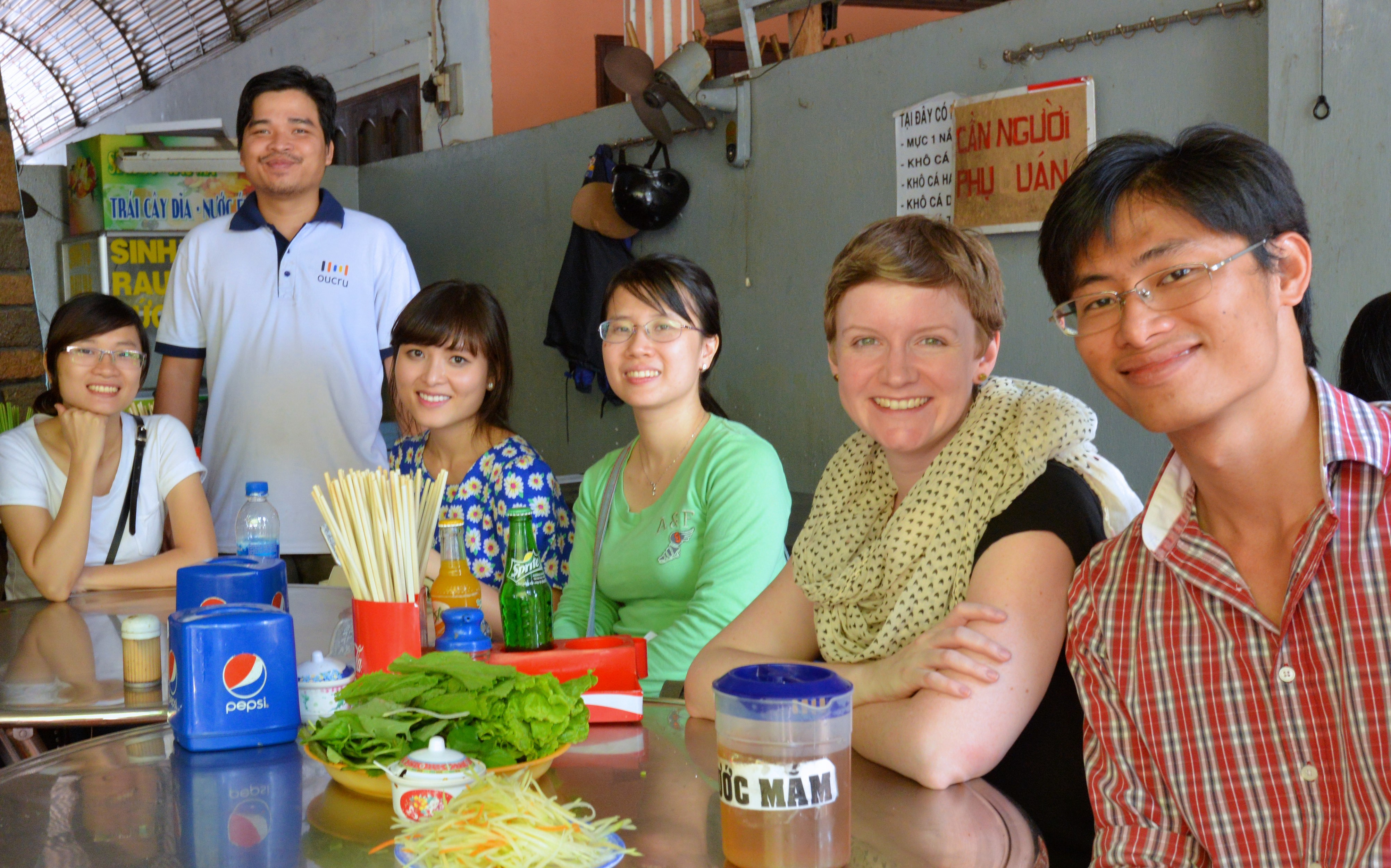Opportunities
Artemisinin resistance response in Africa — computational epidemiology positions

Would you like to work on the next critical global health problem? Artemisinin-based combination therapies (ACTs) are used by hundreds of millions of people each year to treat malaria, but reports of artemisinin-resistant genotypes in Aug 2020 (Rwanda) and Nov 2021 (Uganda) have put the efficacy of ACTs at serious risk. ACTs are inexpensive, readily available treatments across all of Africa, with no second option available should they begin to fail in Africa in the coming years.
We are part of several consortia and international collaborations developing the preparations and responses to artemisinin-resistance in Africa and we are looking for new team members to contribute — probably for the remainder of the decade.
Our lab is moving to sunny Philadelphia in Jan 2024, and we will have many positions open at the Research Assistant Professor level, the Computational Scientist level, postdoc level, and PhD student level.
Please email Maciej Boni [email protected] directly for more information.
Current jobs are officially posted on this Temple University Job Openings page, but please write to me directly if you do not yet see an opening at your level.
Candidates should have backgrounds and expertise in computational epidemiology, individual-based simulation, spatial modeling of epidemics, and/or arcGIS or other geospatial software.
Salary range for research faculty positions is 80K to 90K.
Salary range for computational scientist positions is 70K to 85K.
Standard salary range for postdocs starting at 57K.
Computational epidemiology of drug-resistance evolution (and other questions in epidemiology)

If you are looking are looking at bit more broadly in computational epidemiology, tropical disease epidemiology, the population genetics of infectious disease, economic epidemiology, or other global health questions, please email Maciej Boni [email protected] to discuss possibilities.
The artemisinin-resistance response job postings at left (or above) are for an urgent global health need that needs to be filled in the next year or two — the evaluation of national-level response strategies to the increasing genotype frequencies of artemisinin-resistant malaria parasites in Africa. However, we do have team members that work more generally in epidemiology, and we are always accepting motivated epidemiologists with strong quantitative backgrounds — especially those that would like to be plugged in to larger teams/consortia working in tropical disease or resource-constrained settings.
Salary range varies and depends on the post applied for.
Laboratory Coordinator/Administrator post at the Boni Lab in Philadelphia

We are hiring for a Laboratory Coordinator, Laboratory Manager, or Laboratory Administrator position (depending on experience and strengths) to help in many areas of finance, contracts, grant reports, communications, social media, scheduling (including across time zones), documentation, and travel planning.
Candidates with stronger backgrounds in social media and basic web programming would be focused more on communications and grant reporting activities. Candidates with stronger backgrounds in administration would focus more on finance, contracts, scheduling, and travel planning.
Start date can be as early as Jan 1 2024. Full staff benefits from Temple University. Please email Maciej Boni [email protected] for more information.
Expected salary range between 50K and 70K, depending on experience.
PhD Students

CURRENTLY RECRUITING IN FALL 2023
Students interested in pursuing a PhD should write to Maciej Boni directly ([email protected]). Currently, we are looking for students interested in pathogen population genetics, drug-resistance modeling in malaria, respiratory virus epidemiology in the tropics, or any budding bioinformaticians with strong C++ backgrounds to write the next generation of the 3SEQ recombination detection software.
Prospective students can apply to Temple University in sunny Philadelphia through the Biology or Bioinformatics programs (deadlines in Dec 2023 and early Jan 2024).